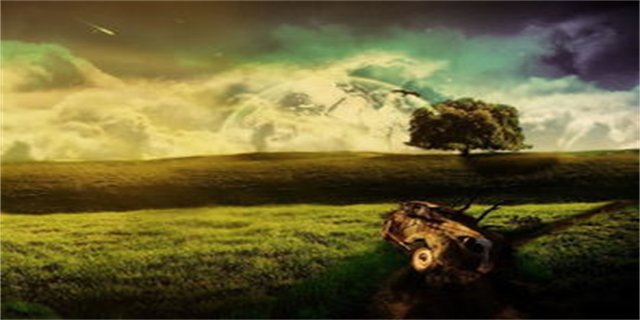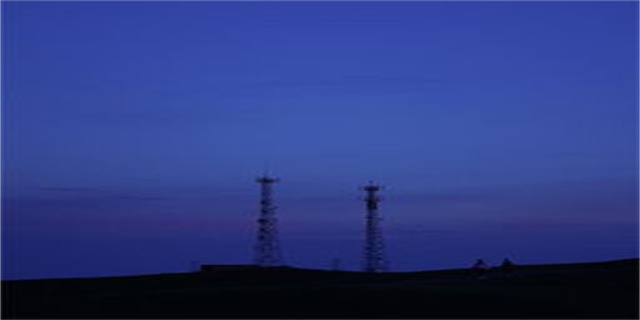duration(Duration The Concept of Time)

Duration: The Concept of Time
Introduction:
The concept of duration is an essential component of our lives. It encompasses the measurement of time and the perception of its passing. Duration is not merely a numerical value; it influences our experiences, decisions, and outlook on life. This article explores the different dimensions of duration and examines its significance in various aspects of existence.
The Psychological Perception of Time:

One intriguing aspect of duration is how it is subjectively experienced by individuals. The perception of time can vary significantly from person to person and can be influenced by various factors such as age, culture, and psychological state. While a minute may feel like an eternity during moments of excitement or stress, it may pass in a flash when one is engaged in enjoyable activities. This perceptual discrepancy highlights how our emotions and engagement can distort our perception of time. Furthermore, as individuals get older, they often perceive time as passing faster, leading to the popular saying \"time flies when you're having fun.\"
The Quantitative Measurement of Time:
To effectively manage our lives, we rely on quantitative measures of time. The development of calendars, clocks, and other timekeeping systems has allowed us to align activities, set appointments, and synchronize our actions with others. The idea of dividing time into hours, minutes, and seconds has become a fundamental aspect of human organization and productivity. This quantitative measurement of time ensures that we can allocate our resources efficiently and accomplish tasks within specific timeframes. However, it is crucial to recognize that these measurements are human constructs and may not accurately reflect the fluid nature of duration.

The Philosophical Exploration of Duration:

Another perspective on duration is offered by philosophy. Philosophers have contemplated the nature of time and its relationship to human existence for centuries. One notable concept is the distinction between \"clock time\" and \"lived time.\" Clock time refers to the objective measurement of time using clocks and calendars. In contrast, lived time captures the subjective experience of time, considering the multidimensional, ever-changing nature of our lives. Some philosophers argue that consciousness and memory play significant roles in shaping our perception of duration, suggesting that the past, present, and future are interconnected and influence our understanding of time.
Duration in Art and Literature:
Artistic expressions often delve into the concept of duration, using various mediums to represent the passage of time. Paintings can capture a singular moment, freeze-framing it for eternity, while films can compress hours or even years into a short visual sequence. In literature, authors employ descriptive language and narrative structures to convey a sense of duration. Through these artistic endeavors, we gain insights into the human experience of time and its impact on our emotions, relationships, and personal growth.
The Impact of Technology on Duration:
Technological advancements have revolutionized the way we experience and measure duration. The introduction of digital devices, smartphones, and social media has seemingly accelerated the pace of life. The constant influx of information and the pressure to be constantly connected can distort our perception of time, making it pass quickly and blurring the boundaries between work and leisure. Furthermore, technological innovations have enabled us to record and capture memories more easily, allowing us to immortalize moments in a tangible form. This blending of technology and duration raises questions about the balance between being present in the moment and persistently seeking to document and share our experiences.
Conclusion:
Duration is a multifaceted concept that permeates various aspects of our lives. Whether it is our subjective perception of time, the quantitative measurements we rely on, or the philosophies and artistic representations that explore its nature, duration influences our experiences and shapes our understanding of existence. As we navigate through the intricacies of time, it is essential to find a balance that allows us to appreciate the present while acknowledging the past and anticipating the future.










